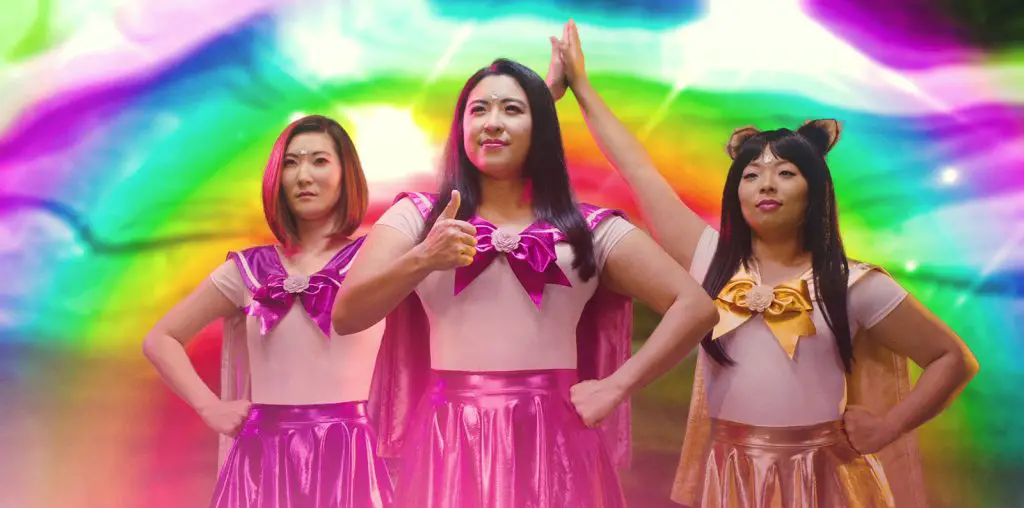
“Lumo” is a compelling documentary that focuses on women victimized by rapist soldiers who terrorize the rural villages in civil war-torn Congo. Considering that Africa’s conflicts are barely acknowledged in the Western media, the film offers a much-needed reminder of the continuing chaos and violence that continues to destroy that continent.
Lumo is a 20-year-old who becomes a patient at the HEAL Africa hospital after a rape by marauding soldiers left her with a fistula, a painful condition that leaves her incontinent and threatens her chances of giving birth. Rejected by her fiancé and most of her family, Lumo finds a new support network within the hospital, where the dedicated staff and her fellow patients surround her with love and a well-intended (those often anvil heavy) devotion to the power of faith.
Or perhaps there is too much devotion to the power of faith. Indeed, there is often more prayer than antibiotics at the hospital, and at one point Lumo undergoes surgery without anesthesia. Needless to say, her faith begins to fray and she becomes short-tempered when other patients babble endlessly about their blind devotion to God.
The film follows Lumo through two years and five operations, and the young woman rides a devastating emotional roller coaster – other patients heal quickly after one operation and leave the hospital, leaving Lumo in envious sadness, yet the arrival of a newborn baby by a former patient excites Lumo over the prospects of what could await her when her body heals.
With time and patience, Lumo’s body is healed and her personality is realigned from isolated victim to sassy life of the party. Her return home is bittersweet: she is eager to leave the hospital, but she is uncertain if her family and neighbors will continue to stigmatize her, which is customary in too many parts of Congo.
Four directors (Bent-Jorgen Perlmutt, Nelson Walker III, Louis Abelman and Lynn True) helmed this remarkable non-fiction feature, which details the shockingly primitive misogyny that still permeates Congo. At one point, the hospital administrators and patients listen glumly to a male local official blame women’s provocative clothing for causing rape – yes, welcome to the 21st century, Congolese style.
But the film also celebrates the indefatigable spirit to survive. The jubilance in Lumo’s eyes and the flash of her smile when she realizes that her tortured body has finally healed is one of the most extraordinary moments of true beauty ever captured on film. Indeed, films like “Lumo” reconfirm that real life is often far more hypnotic than reel life.

